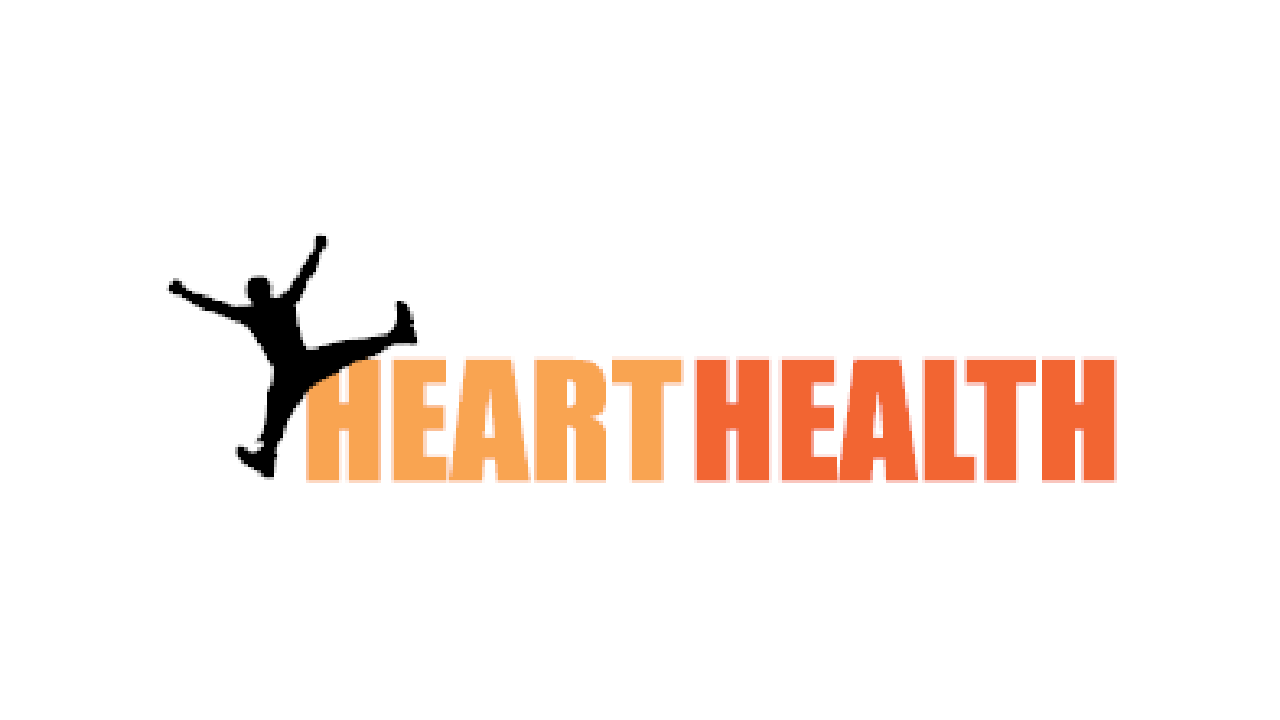Exercise
Just 30 minutes of exercise a day can make a world of difference to your physical and mental wellbeing. We can help get you started.
Would you like to be more physically active?
Physical activity improves your health and wellbeing. That's well known. But did you know it will also improve your mood, concentration and alertness?
You might train at a gym or play a team sport, but you don't need to go to all that trouble. Exercise can be as basic as going for a walk.
When you start moving and get active, you start feeling better. That's because exercise releases 'feel good' hormones called endorphins. Endorphins reduce stress and increase positive emotions.
By being physically active you will also:
- increase optimism and self-esteem
- develop better mental wellbeing and social connections
- reduce your chances of chronic disease
- increase your energy and productivity, and
- build stronger bones, muscles and joints.
First steps
The first step to a healthier you is taking a first step!
Even 'incidental' exercise can make a difference. Incidental exercise might mean parking a little further from the supermarket and walking a couple of hundred metres further (if you can).
A regular walk will improve your general health and wellbeing, and can be the start of your fitness journey.
If you haven’t been active for a while (or have existing conditions), check with your GP before you start an activity program. Your GP can help you design a program to suit your physical capacity.
Self help
If you haven't exercised for a while, start with less strenuous activities that are relatively easy to do. Once you’re in the habit of being active you can start more challenging activities.
If you’re having trouble getting motivated, the Physical Activities tool can help. The Physical Activities tool is also available on the High Res app to use on the go. It has a range of physical activities you can try and tips for getting started and staying active.
Recognise
How exercise helped Brian deal with PTSD
What I love about Martial Arts is that it builds character, self-discipline and self-confidence. It gave me all those sorts of things. All the attributes that you want to develop into your community and life in general. I have found it has really helped with my condition. While I was doing this, it gave me the confidence to go back and instruct Military Cadets, which is something I also loved. So I went from doing nothing at all in 12 months, from hiding away at home to being quite active again.
Read Brian’s full story and learn how exercise helped him control his PTSD.
Activities and programs for the ex-serving community
A range of resources and programs have been designed specifically for the serving and ex-serving community.
-
 Engage
EngageThe Engage program outlines physical fitness, exercise and active lifestyle activities available to current and former ADF members, and their families. Providing information on not-for-profit services from a range of service providers.
-
 Invictus Australia
Invictus AustraliaFrom grassroots to international level, whether playing, coaching, volunteering or officiating, Invictus Australia believes in the power of sport to assist in recovery, rehabilitation and reintegration. We do this through partnerships with sporting bodies, ex-service organisations, governments, business and the community.
-
 Heart foundation walking groups
Heart foundation walking groupsCommunity-based walking programs are popular across Australia, including Heart Foundation walking groups.
-
 Heart Health
Heart HealthHeart Health is a 12-month program that includes two physical activity sessions per week and 12 health educational seminars. It aims to improve veterans' health and wellbeing through practical exercise, nutrition and lifestyle management support.





